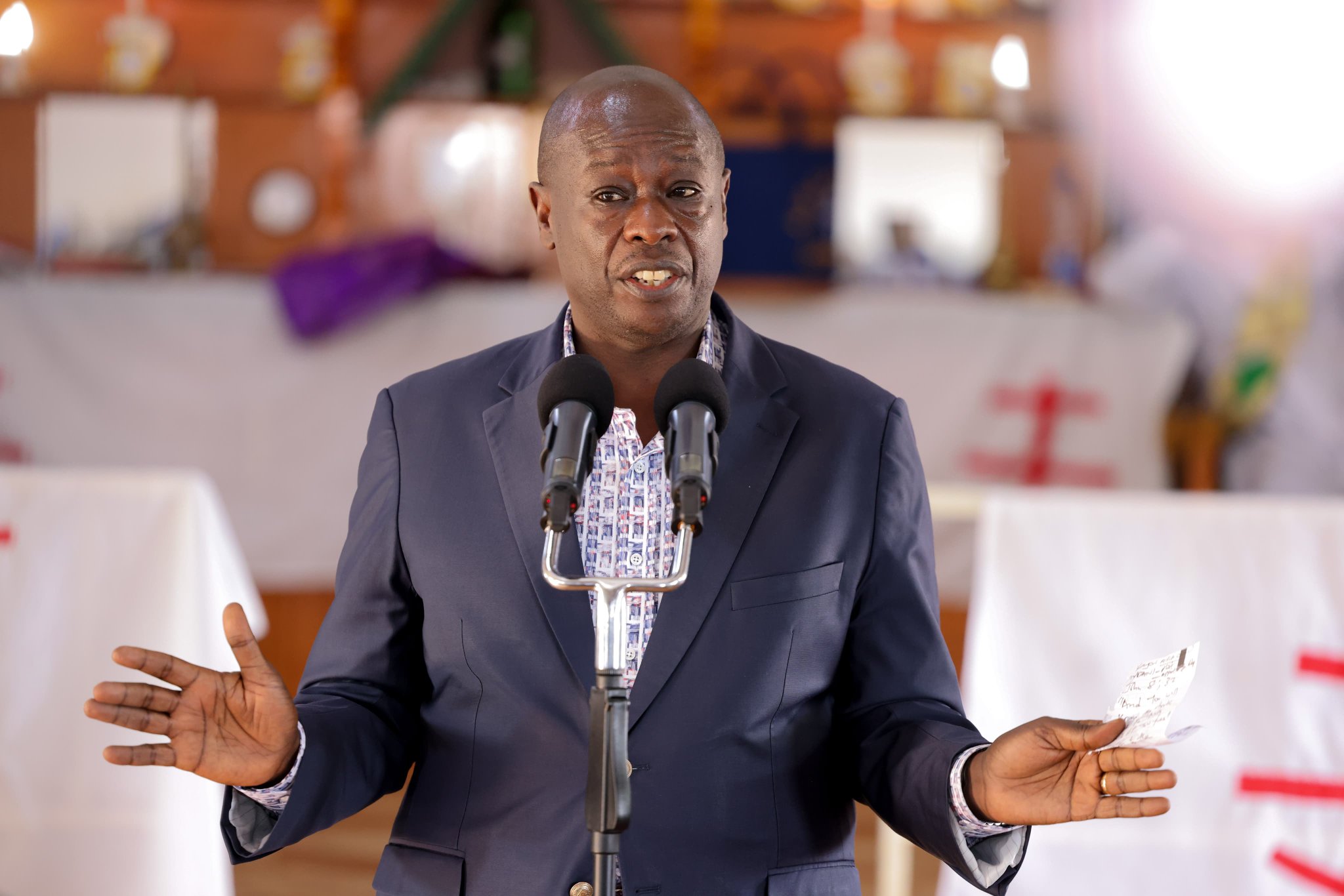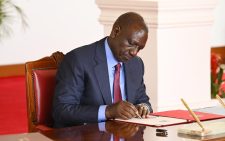CA should extend Kuza Awards to other operators

In the last two months, two statutory bodies have hosted ceremonies that acknowledge performances in the media sector.
The first was the Media Council of Kenya (MCK) whose World Press Freedom Day, Annual Journalism Excellence Awards (AJEA) ceremony celebrated journalists who distinguished themselves in their craft over the previous year.
A month later, the Communications Authority of Kenya (CA), hosted own award ceremony, the KUZA awards, to recognise media houses that the Authority has deemed, over the previous year, to have been most responsive in observing the conditions under which their operating licenses were issued.
The distinctions between the two award ceremonies could not be clearer. In the first instance, the MCK recognised journalism, the very craft it was established to regulate.
(It sidesteps the question whether journalism should really be regulated particularly by those who subscribe to the independence of the press).
The various categories recognised in the award include journalist of the year, awards for photography, best features, investigative stories among others.
This year, Evelyn Gatobu of thePeople Daily won the award in gender reporting category while Omondi Onyango of Milele FM scooped two awards, one in best health reporting and the other in investigative journalism at the AJEA ceremony. Dorothy Kweyu, now a revise editor, won the lifetime achievement award.
Since journalism cuts across the print, radio and television platforms, MCK awards recognise journalism performance across all these platforms.
The CA, however, regulates the broadcast platform only and has issued guidelines that inform operations limited to that space.
There are broadcasts and media houses some which may not be involved in journalism at all for example, Kenya Institute of Curriculum Development’s EDU TV which took home several awards at the KUZA ceremony.
The MCK Act attempts a definition of journalism and while journalism purists may have a challenge with the definition, it is still broad enough for operational purposes.
A debate has been quietly raging interrogating the role of CA in regulating journalism. Primarily, what these awards demonstrate is that the areas of operation of these two bodies are different.
The concern of CA has been with the extent to which those licensed operate within the provisions of their licenses.
While for now they have limited the awards to broadcast, may be it is time that CA extended these awards to other operators within their field of regulation.
The license provisions expect the broadcasters, for example, to observe a percentage of local content, to provide for children’s programing, to ensure accessibility to broadcast content by people with disability, to diversify the range of their content, and to observe copyright provisions among other categories.
It, however, goes further to gauge the public’s response to broadcast stations.
To that extent there are categories such as people’s choice selected by the number of members of the public who vote by sending in the text messages of their beloved stations.
The CA does not recognize the print media because it falls outside its regulatory area. But print is right in the heart of journalism and thus the performance of its journalistic work recognised by the MCK.
For those who see the roles of MCK and CA conflicting, the debate is often driven by the notion of independence of journalism. But can journalism be truly independent? Independent of what?
Of the state? Of commercial interests? What about of advertisers and public relations professionals who seek to influence content?
To what extent is journalism a captive of a journalist’s individual biases often driven by their own context, history and affiliations?
Particularly, in our developing economies there is the perception biases can only be driven by the state while those that emanate from other nefarious quotas are tolerable.
Between the state and some other organ whose interests and history are hidden behind the curtain of good will who truly understands the people?
These are some of the debates that students of journalism specifically but more broadly those focusing on the economy of the media must deal with. The awards are a beginning of providing that distinction. —The writer is dean, School of Communication, Daystar University











